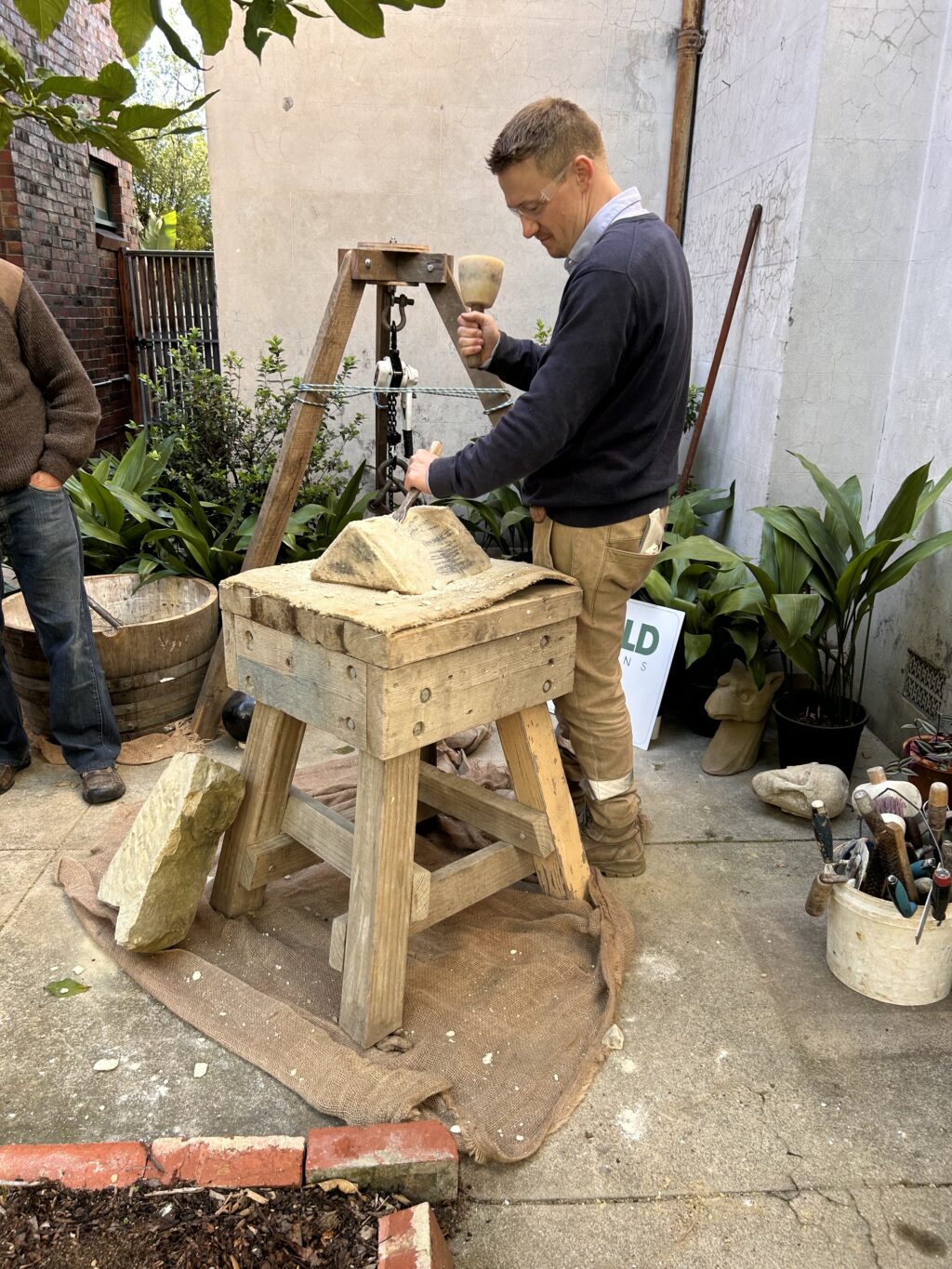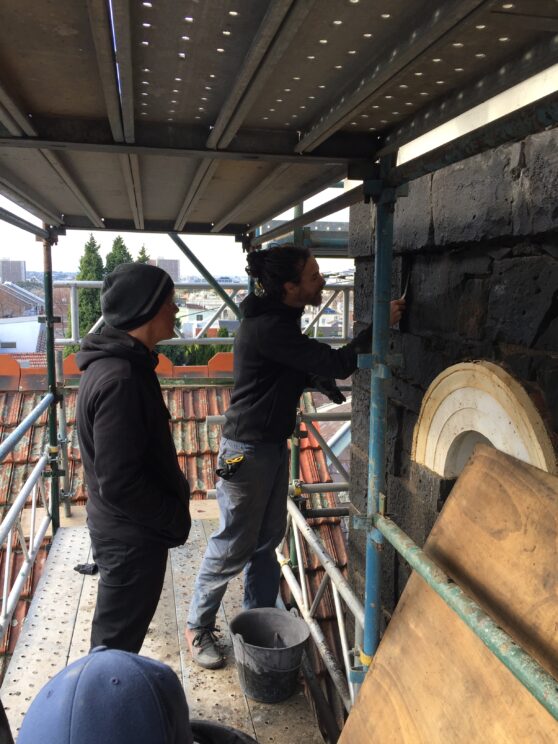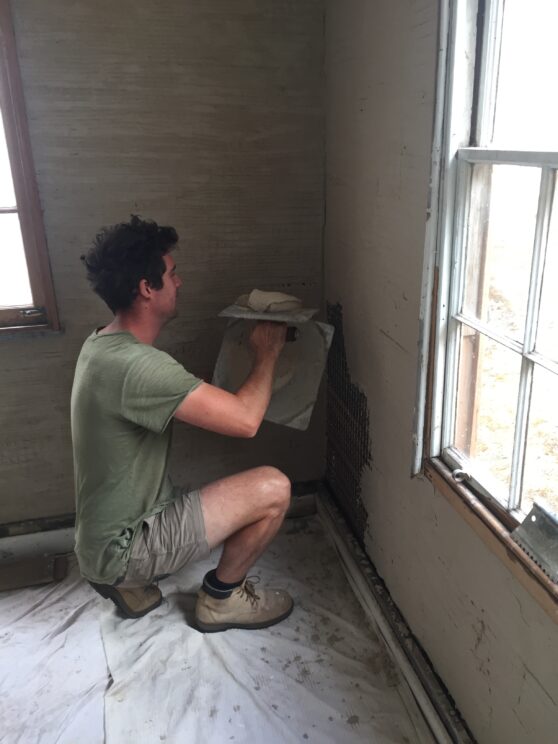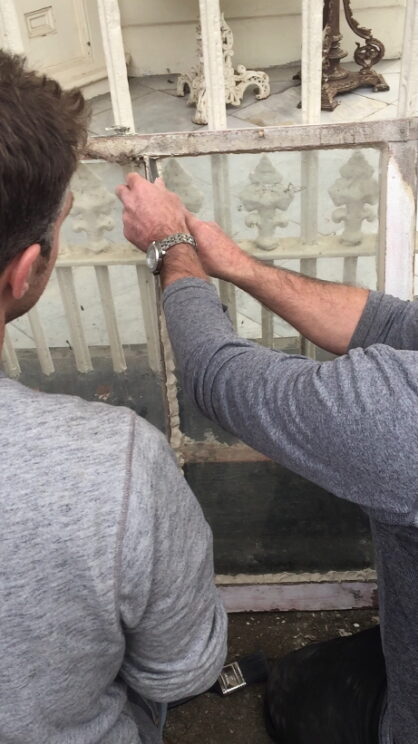National Trust submits on why traditional trade skills are vital for Victoria’s future

The National Trust of Australia (Victoria) has made a submission to the Parliamentary Inquiry into Student Pathways to In-Demand Industries highlighting the urgent need to recognise traditional trade skills as an in-demand industry not only for the care and retention of our built heritage, but to enable adaptive reuse of existing buildings that support circular economy principles, and to create a sustainable built environment for the future.
Traditional trade skills and knowledge is an in-demand industry due to its critical role in meeting Victoria’s demand for quality new construction and the repair and maintenance of our existing building stock.
Early Career Tradespeople not Obtaining Necessary Skills
As cities grapple with growing environmental, economic, and social challenges, the knowledge and skills required to work with our existing building stock, preserve our significant heritage and apply sustainable practices to how we build, is more in-demand than ever.
Unfortunately, current vocational education pathways fail to adequately value, support or even acknowledge these traditional trades skills. TAFE curricula focus predominantly on standard new build and replacement construction techniques, leaving a critical skills gap in heritage and traditional building practices as well as the skills necessary to repair rather than replace existing buildings and building components.

Building Sustainable Pathways
The National Trust argues that integrating traditional building knowledge into the TAFE curriculum is not only a cultural imperative but an economic and environmental one. Traditional trades support adaptive reuse, reduce landfill waste, and retain the embodied energy of existing structures — all vital for meeting climate targets.
To address this, the Trust proposes several key reforms:
- Introduce traditional building techniques and conservation principles into existing TAFE trade qualifications.
- Develop dedicated conservation skills units and reintroduce once core units to existing trade qualifications relating to traditional materials and techniques.
- Establish career pathways and recognition for both students and existing tradespeople interested in heritage work.
- Provide incentives and support for heritage building businesses to train apprentices in traditional skills.

Showcasing a Valued Career Path
Traditional trades should be actively promoted in schools and career guidance materials as viable, fulfilling careers. These are highly skilled vocations involving creativity, problem-solving, and craftsmanship — attributes that are increasingly valued in a changing workforce. Internationally, heritage tradespeople are in high demand and often enjoy strong career prospects and professional recognition.
A Call for Action
Traditional trades are essential for conserving Victoria’s built environment and supporting sustainable development. Immediate investment in education, training, and recognition of these skills is critical for maintaining Victoria’s built heritage, supporting adaptive reuse initiatives, and advancing sustainability objectives in new construction.
By recognising traditional trades as in-demand and essential, and embedding them into the education system, Victoria has the opportunity to strengthen a critical industry, support sustainable development, and provide meaningful and rewarding career opportunities in traditional trades for generations to come.

Read our full submission here.
+ There are no comments
Add yours